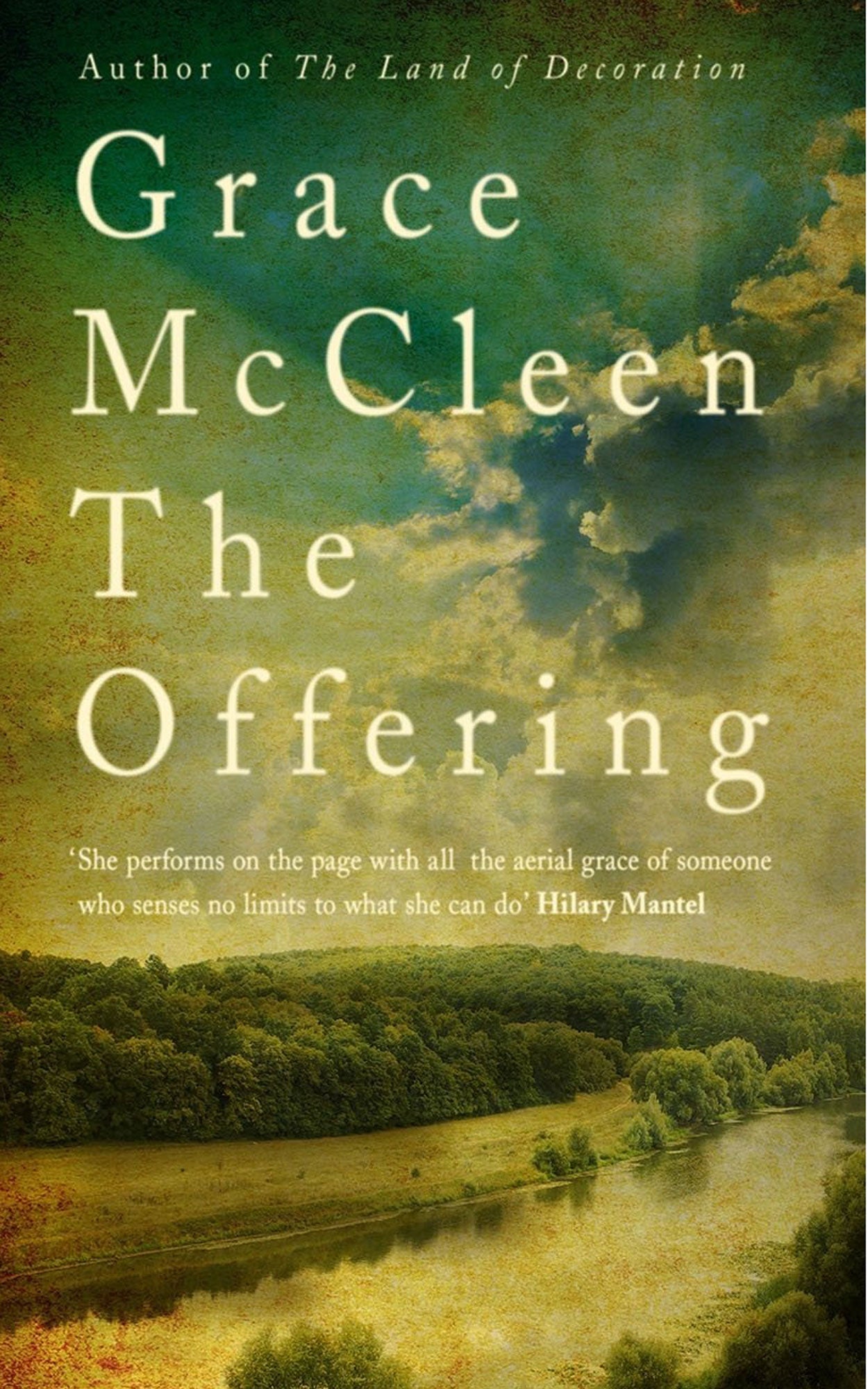Your support helps us to tell the story
From reproductive rights to climate change to Big Tech, The Independent is on the ground when the story is developing. Whether it's investigating the financials of Elon Musk's pro-Trump PAC or producing our latest documentary, 'The A Word', which shines a light on the American women fighting for reproductive rights, we know how important it is to parse out the facts from the messaging.
At such a critical moment in US history, we need reporters on the ground. Your donation allows us to keep sending journalists to speak to both sides of the story.
The Independent is trusted by Americans across the entire political spectrum. And unlike many other quality news outlets, we choose not to lock Americans out of our reporting and analysis with paywalls. We believe quality journalism should be available to everyone, paid for by those who can afford it.
Your support makes all the difference.Like Madeline, the narrator of Grace McCleen’s third novel, I often talked to God when I was a teenager. Nowadays, I suspect I was merely talking to myself but has Madeline reached a similar conclusion by the time we meet her in her mid-30s? Like other aspects of The Offering, in which Madeline tries to recall the events that landed her in a mental infirmary for the past 21 years, it’s difficult to know. For Madeline certainty is folly and “meaning is a myth, a bedtime story told to young children who are afraid of the dark”.
The novel begins in June 2010, in the aftermath of what Madeline calls “an event concerning myself and Dr Lucas”, who diagnoses her with “dissociative amnesia”. The manipulative Lucas might want to help Madeline but he regards her primarily as a case study for work that will further his career. However, Madeline talks of “blood sacrifice”, it seems likely she’s committed a violent crime, so her versions of the past and present must be treated with scepticism.
Lucas makes Madeline undergo “hypnotic retrieval” therapy and read her diary of her impoverished youth on an island with her depressed mother and evangelist father. Entries record the mundane and miraculous, ecstasy and terror, as Madeline explores the family’s farm, seeing eyes in the bushes and searching for God. The Offering captures the intensity of teenage anguish, and expresses a terrifying estimation of its implications, but it also dares to suggest that God can never be removed from the equation and asks: What is God? Madeline describes “visitations” from “You” but God might be nature, the self or writing which is, in her vision, difficult, ubiquitous and essential.
McCleen’s previous novel was The Professor of Poetry (2013) and, with its lyrical responses to nature, propulsive prose and interest in the way words look, The Offering evokes poetry. McCleen is more concerned with language, ideas and emotional power than with narrative.
The novel’s five parts are named after The Five Books of Moses but, for me, there are three phases: initially, McCleen’s ideas were more engaging than Madeline’s story, then intrigue about her past accrued in the middle, before building towards a surprising denouement. Some of the dense, descriptive passages are frustrating to read but difficulty is one of this novel’s enduring themes: “It’s just such difficult experiences that make me certain we are on the right track,” Lucas tells Madeline. Whether this is true or not, The Offering is worth reading because it challenges us to consider the difficulties inherent in writing, reading and remembering.
Order for £15.99 (free p&p) from the Independent Bookshop: 08430 600 030

Join our commenting forum
Join thought-provoking conversations, follow other Independent readers and see their replies
Comments